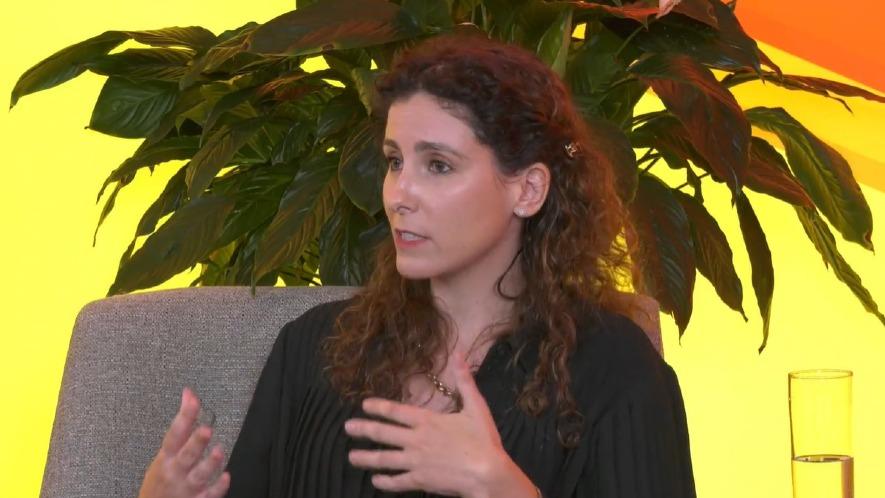In the October 2024 Tax Briefing, PwC Australia delved into the critical topics of transparency and the potential role of artificial intelligence (AI) in tax and legal functions. Hosted by Clementine Thompson, Transfer Pricing Partner at PwC, the session provided valuable insights for tax and finance professionals across Australia.
Key developments in Australian Tax
Patricia Muscat, Tax Director at PwC, provided an update on recent tax developments. She highlighted the stagnation of key bills in Federal Parliament, including public country by country reporting and Pillar Two, both awaiting Senate approval. Patricia also discussed the Australian Taxation Office's (ATO) findings from the Top 100 and Top 1,000 compliance programs, noting improvements in taxpayer assurance for income tax and GST. Additionally, she mentioned the ATO's new 2025 supplementary annual GST return for large businesses and the draft Practical Compliance Guideline PCG 2024/D3 on the ATO’s compliance approach for restructures undertaken in view of the new thin capitalisation rules. Patricia also touched on Treasury's fact sheet on “payday super” and draft legislation that proposes to deny tax deductions for general interest and shortfall interest charges. Stay up to date on the latest tax developments each month by subscribing to receive PwC’s Monthly Tax Update.
Understanding transparency reporting obligations
Clementine highlighted the growing importance of transparency in tax affairs and broader business dealings. Sarah Saville, Tax Reporting & Innovation Partner at PwC, provided an in-depth look at the incoming public country by country reporting (PCBCR) regime. She outlined the key thresholds for multinational groups to be subject to the PCBCR regime, which will apply to reporting periods starting on or after 1 July 2024, with the first reports due in 2026.
Sarah addressed concerns about exemptions under the PCBCR regime, noting that they would only be granted in exceptional circumstances, such as in cases of national security. She also detailed the extensive information required under the PCBCR regime, including a unique 'Approach to Tax' statement modelled after the Global Reporting Initiative's (GRI) voluntary tax transparency regime. This statement will cover the group's tax strategy, governance, approach to regulatory compliance, and how its approach to tax is linked to business and sustainable development strategies. She also discussed differences between the PCBCR regime, similar laws recently introduced in the European Union, and the current confidential country by country reporting regime in Australia and highlighted what taxpayers should be doing now to prepare for these changes.
Clementine discussed proposed changes to the local file short form, which is part of the current confidential country by country reporting regime in Australia. These changes, which will kick in from 1 January 2025, will require taxpayers to provide significantly more detail on business lines of the Australian business, both ‘direct’ and ‘indirect’ reporting lines, business restructures and intangibles arrangements. For further details, read PwC’s recent Tax Alert.
The panel then discussed other transparency obligations, including the Payment Times Reporting (PTR) regime and the ATO’s Register of Foreign Ownership of Australian Assets.
- Sean Lee, Tax Reporting & Innovation Partner at PwC, discussed the background to the PTR regime, changes applicable from 1 July 2024, the implications of being a “slow small business payer” (including being directed by the Regulator to disclose this on your business’s website), and what businesses should do to manage this risk. For further information on Payment Times Reporting regime, including the recent changes, refer to PwC’s website.
- Charlotte Brierley, Tax Reporting & Innovation Director at PwC, discussed the requirements for foreign residents to register ownership of certain assets in Australia, highlighting that this covers a wide range of common commercial assets (including many that do not require approval from the Foreign Investment Review Board) and the expansive definition of foreign resident that broadly captures Australian entities with around 20% or more upstream foreign ownership.
The role of AI in tax & legal functions
The session concluded with a discussion on the implications of AI in tax and legal functions. Sean Lee highlighted AI's potential to revolutionise tax and legal processes, improve efficiency and accuracy, and provide deeper insights into data.
Sean showcased the capabilities of two tools currently being used within PwC’s tax business — ChatPwC and Harvey AI — with a particular focus on a dedicated tax model being built within Harvey AI. This tool, currently being piloted by PwC, can generate detailed responses, suggest follow-up questions, and provide references from a pool of data including Australian tax legislation, ATO guidance material, case law and internal PwC papers. He also mentioned the potential of GenAI tools to summarise or analyse large documents and large volumes of information, making it easier to extract insights and share with stakeholders.
Looking ahead
Staying informed about transparency requirements and the potential role of AI in tax and legal functions is crucial in today’s rapidly evolving environment. Proactive preparation and strategic planning will be essential as businesses navigate these changes. Engaging with PwC's experts and staying tuned for future updates and events will help organisations stay ahead in this dynamic landscape.
You can watch this virtual event on demand now.










